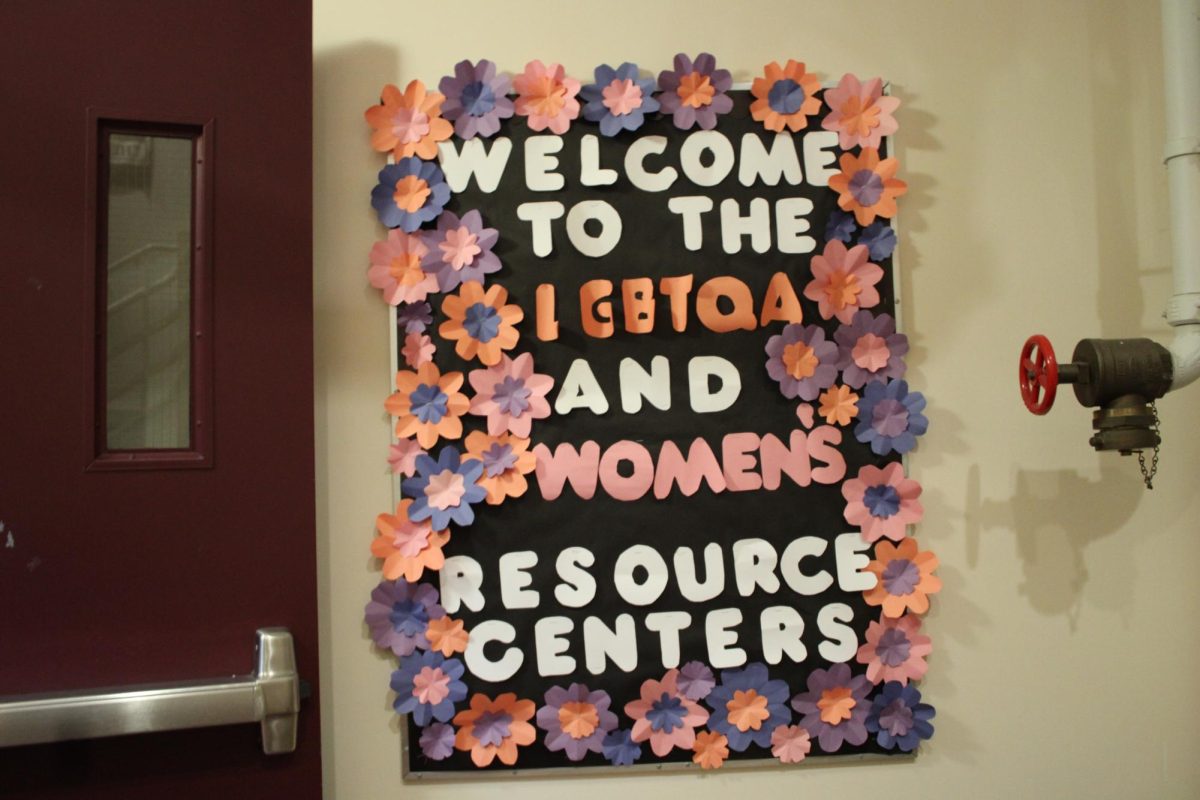Diversity, Equity, and Inclusion (DEI) have played a critical role in higher education, ensuring that students from all backgrounds have access to opportunity, support, and representation. The Trump administration has threatened DEI on all college campuses over the past few weeks, making it imperative that now more than ever we protect these initiatives.
History
The history of DEI in the U.S. education system is deeply rooted in the broader civil rights movement and efforts to address systemic inequalities in higher education. One of the biggest and most well-known Supreme Court cases, Brown v. Board of Education has stood to declare racial segregation in public schools unconstitutional. This landmark case lays the groundwork for all DEI efforts in education. Throughout the 1980s and 90s, diversity offices and multicultural centers began forming on college campuses in support of underrepresented students. Many inspired students even formed clubs to protect their culture and get others involved and educated.
Threats from the Trump Administration
In January 2025, President Trump issued Executive Order 14151, titled “Ending Radical and Wasteful Government DEI Programs and Preferencing.” This order mandates the termination of all federal mandates, policies, programs, preferences, and activities related to diversity, equity, inclusion, and accessibility. The implementation of this order has led to significant changes across various federal agencies. The Department of Education has had over 100 employees placed on administrative leave awaiting termination despite two of them being DEI officers. The Office of Personal Management also had numerous employees put on administrative leave, pending termination. OPM also encouraged employees to report colleagues involved in DEI activities. The IRS even removed references to diversity, equity, or inclusion from its procedural handbook.
ICE on college campuses
In recent news Immigration and Customs Enforcement has been showing up on college campuses making these threats turn into a terrifying reality. Many DEI initiatives focus on supporting first-generation and undocumented students by providing legal aid, scholarships, and community resources. If ICE increases its presence or enforcement actions, these students may feel unsafe engaging with DEI offices, effectively dismantling the support structures created for them. Yet this is not the first time international students have been targeted by the Trump administration. In 2020, the administration tried to ban international students from staying in the U.S. if their courses were entirely online during COVID-19. They also tried to take back Deferred Action for Childhood Arrivals (DACA), which protects students from deportation which was established in 2012 under the Obama Administration. If colleges are forced to comply with increased immigration enforcement, they may hesitate to offer undocumented-friendly services, scholarships, and protections out of fear of losing funding or legal retaliation.
The Consequences of Losing DEI
Without DEI and its initiatives students from marginalized backgrounds may face greater financial and academic barriers, making it harder for them to succeed. DEI offices handle bias reporting, anti-discrimination training, and support for students facing harassment. Without these resources, students from marginalized communities can feel unsafe or unprotected on campus. The elimination of DEI doesn’t just hurt marginalized communities—it weakens education, economic growth, and social cohesion for everyone. Colleges thrive when students of all backgrounds feel valued, supported, and empowered to succeed. Rolling back DEI isn’t just a political move—it’s a step backward for progress, fairness, and opportunity in America.





















